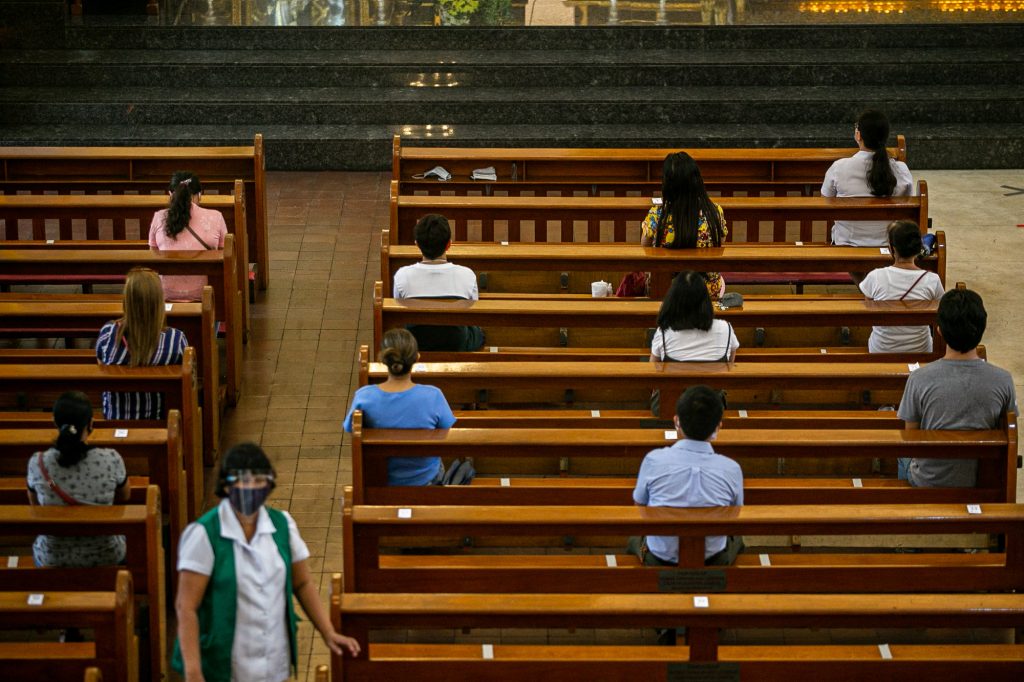
The Catholic Church in the Philippines has reaffirmed its commitment to abolish the “arancel” system even amidst the crisis spurred by the COVID-19 pandemic.
In a “pastoral statement on stewardship,” the Catholic Bishops’ Conference of the Philippines (CBCP) stressed that the “arancel” has become prejudicial against the poor.
Archbishop Romulo Valles of Davao, CBCP president, said that the fixed amount asked for church services “can be a hindrance for the poor to receive God’s grace and blessings”.
“Let us do our best, then, to remove obstacles to genuine service, especially to the poor,” Archbishop Valles said.
“This is a concrete step in renewing ourselves in the practice of stewardship, praying that others may see us truly ‘as good stewards of God’s varied graces,” he said.
The bishops’ statement was issued on Jan. 28, following their two-day plenary assembly held online.
The document was also released as the Church marks this year the 30th anniversary of the 2nd Plenary Council of the Philippines, which mandated the gradual abolition of the arancel system.
The gradual abolition of the arancel and replacing it with a concrete stewardship program had been a constant topic in the bishops’ meeting in recent years.
As of today, a number of dioceses have already scrapped the arancel and adopted the tithing system and other stewardship programs.
The arancel has also been totally abolished in many parishes that are well-oriented to Basic Ecclesial Communities.
The CBCP said it will also put up a service arm that will assist the dioceses that are having difficulty in implementing the program despite the pandemic, which dealt a blow to parishes’ finances.
“Let us not be afraid to give freely and cheerfully, even in times of crisis and difficulty like the Covid-19 pandemic that we are presently experiencing,” Valles said.
“Let us sustain the spirit of generosity that has spontaneously overflowed during this pandemic and has kept our communities in operation.”
“We will look back with amazement and gratitude at these times, wondering how we got by even at the height of the lockdowns that we thought would seriously challenge the sustainability of our parishes,” he said.
Source: Licas Philippines
0 Comments